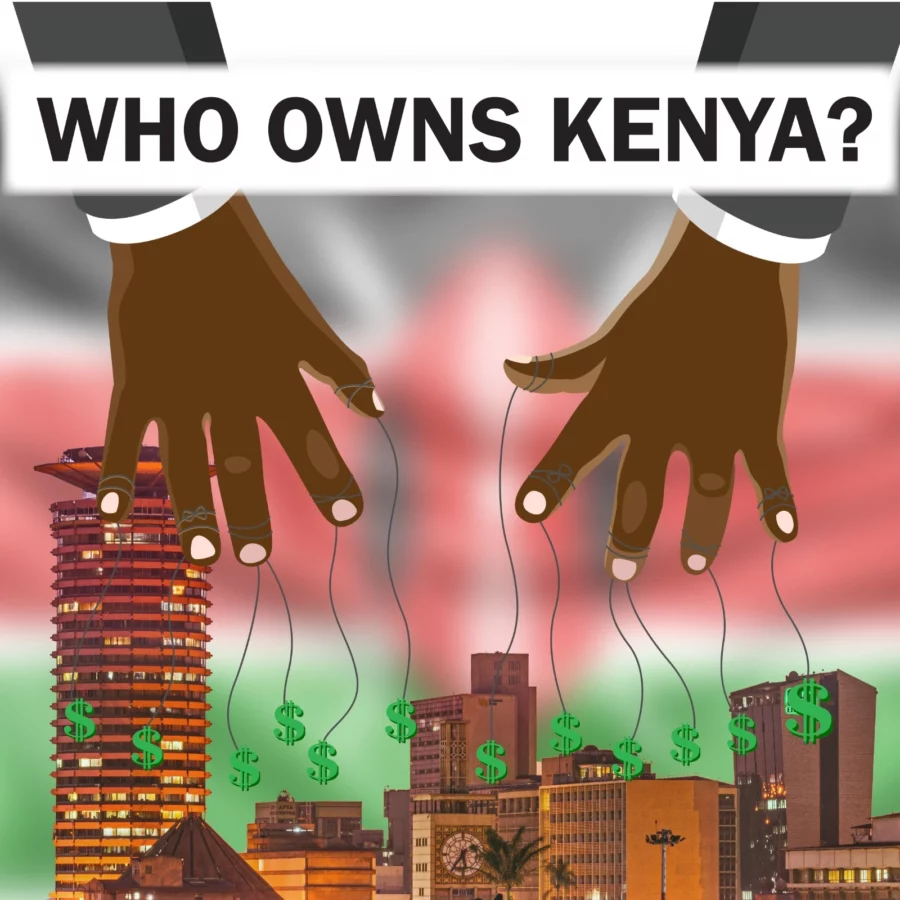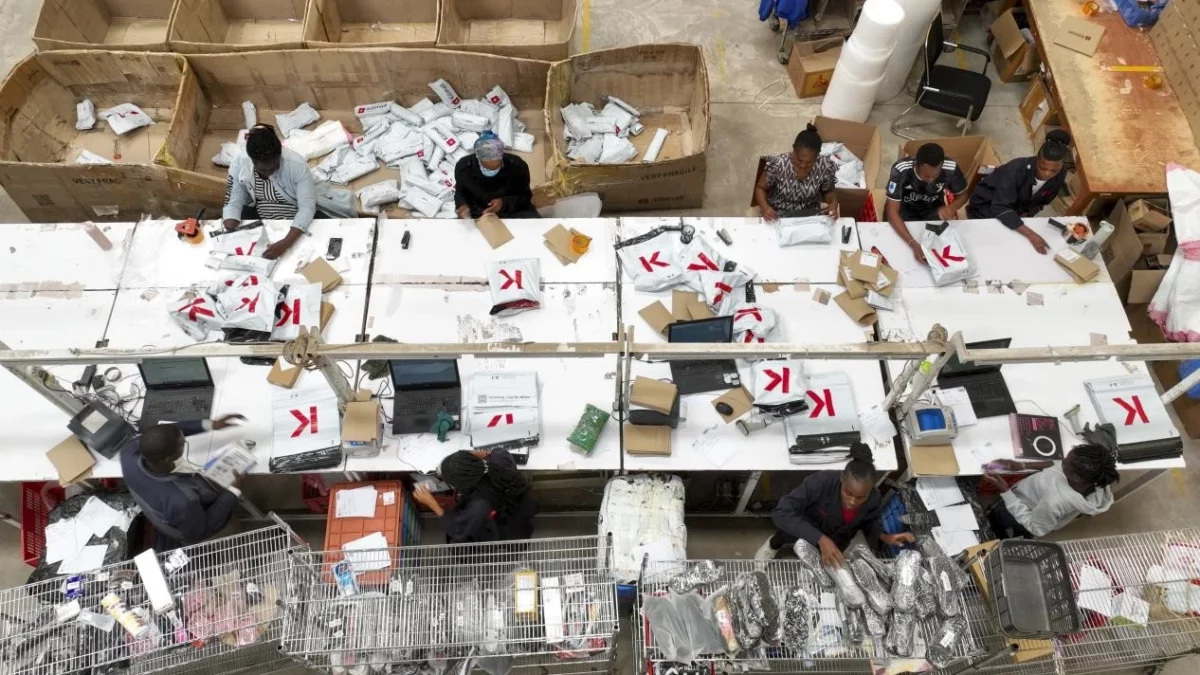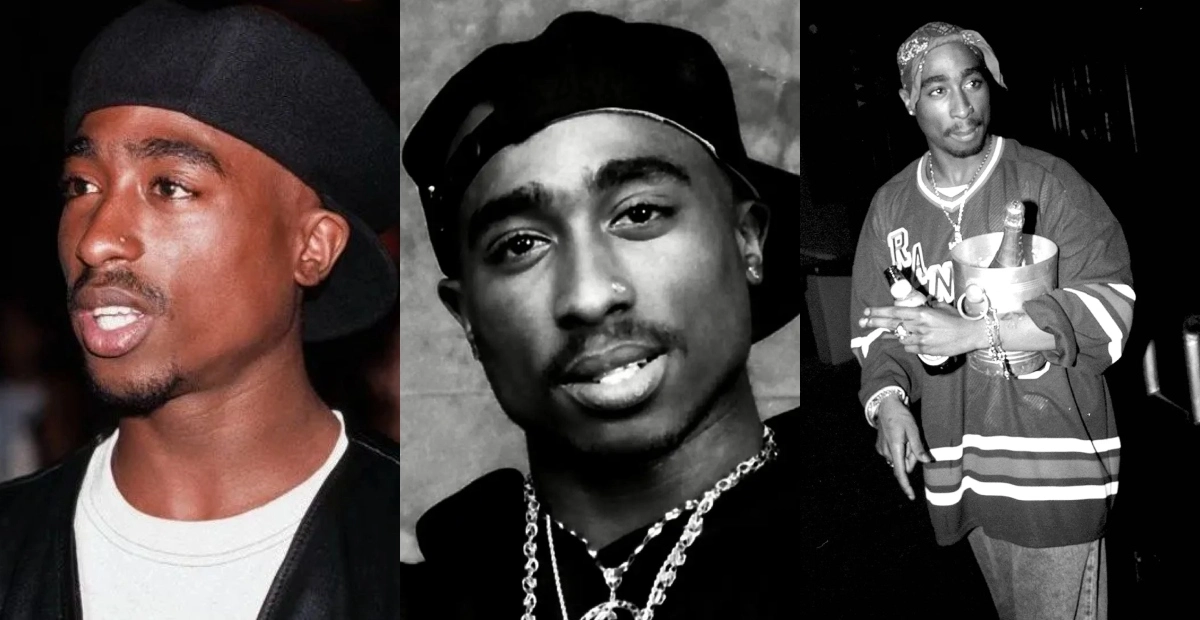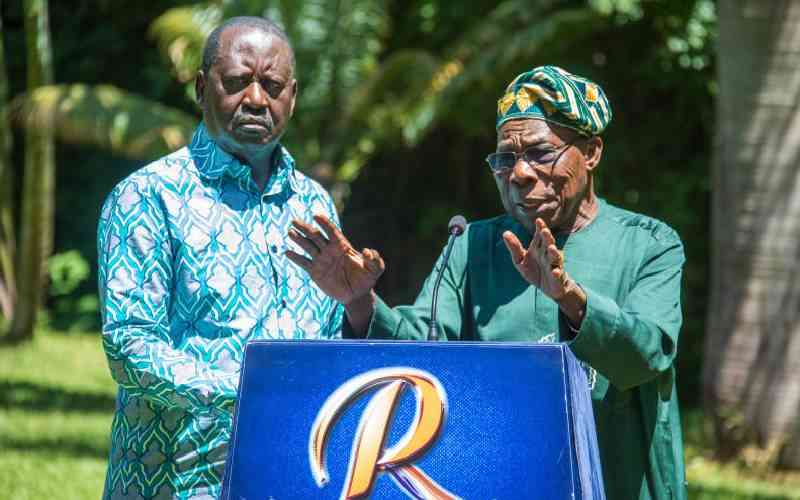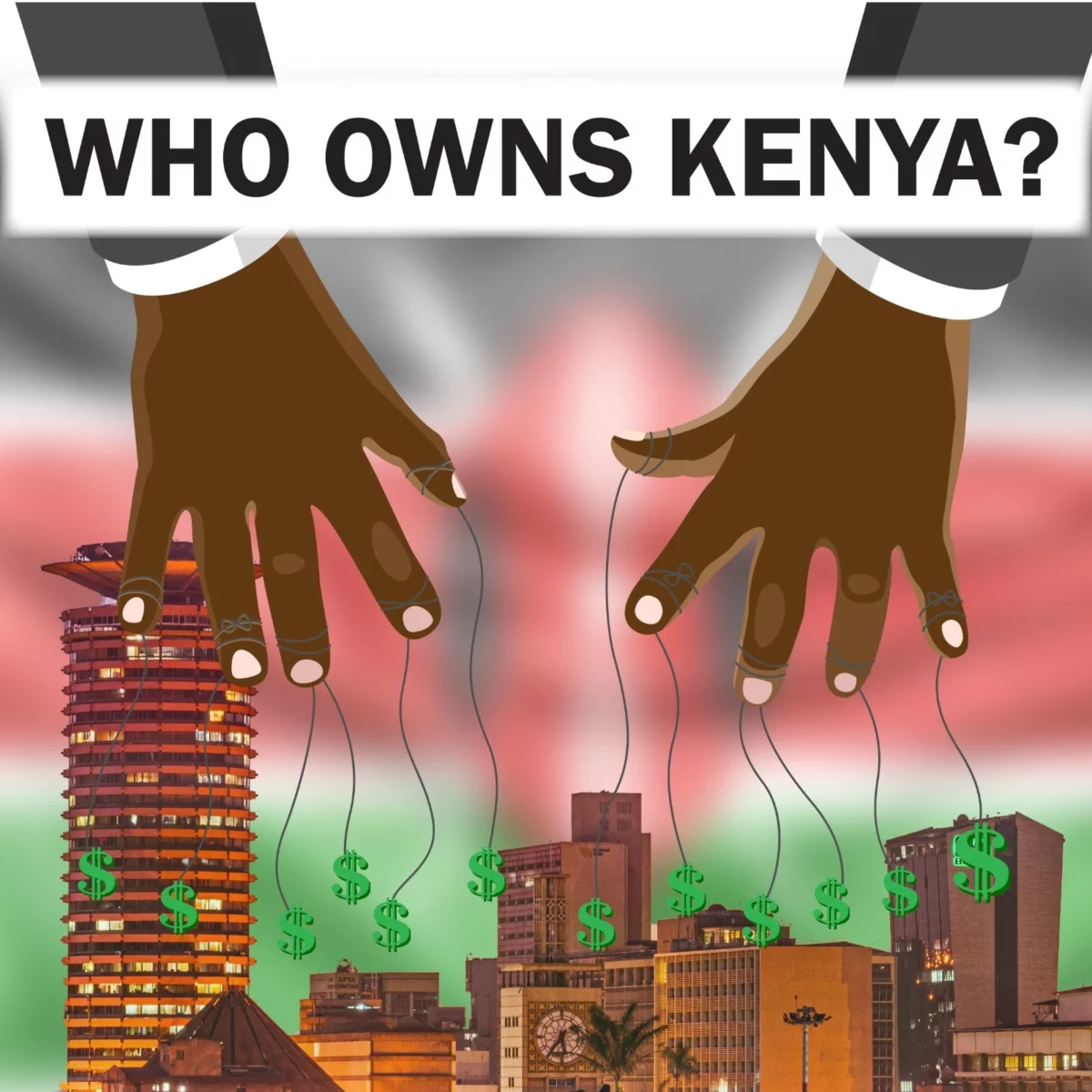Who Owns Kenya? “We are working to restore normalcy within the shortest time possible,” this was a statement that was released by KPLC a month ago when Kenya was hit by a nationwide power blackout on Saturday evening caused by a “system disturbance”. Who do you think wield power in Kenya’s main power distributor, is it truely the Government of Kenya?
The energy sector plays a pivotal role in powering Kenya’s economy. Investments in renewable energy, such as geothermal and wind power, have been increasing to meet growing energy demands.
Kenya Power is the country’s sole electricity distributor and the bulk of its power comes from Kenya Electricity Generating Company (KenGen) (KEGN.NR), which is the main producer.
Read also: Who Owns Kenya: Moguls Behind Information Flow in Kenya
In the heart of Kenya’s energy landscape lies a tale of ownership, influence, and the power to shape the nation’s future.
![Minister of Energy, Davis Chirchir infront of the committee over national power outage last month. [Photo/Standard]](https://news.switchtv.ke/wp-content/uploads/2023/09/ggQqfxD2g7IB1ssM2IFZzswjxzLK2fZawVmGmHiV.webp)
![Minister of Energy, Davis Chirchir infront of the committee over national power outage last month. [Photo/Standard]](https://news.switchtv.ke/wp-content/uploads/2023/09/ggQqfxD2g7IB1ssM2IFZzswjxzLK2fZawVmGmHiV.webp)
At the center of this narrative is Ndindi Nyoro, a prominent Kenyan politician and entrepreneur, whose shareholding in Kenya Power and Lighting Company (KPLC) has sparked intrigue and questions about who truly wields the reins in one of Kenya’s critical sectors.
Ndindi Nyoro’s Rise Power Player
Ndindi Nyoro, a Member of Parliament for Kiharu Constituency, an economist, and a self-made entrepreneur ascent from humble beginnings in Murang’a to becoming a multi-millionaire and influential politician epitomizes the Kenyan dream.
During his early years, Ndindi dabbled in various businesses, including rabbit rearing, shoe repair, and operating a small shop. His path towards financial success, however, took a decisive turn when he ventured into the world of stocks.
In 2006, he began working for Ngenye Kariuki Stock Brokers, laying the foundation for what would become his primary business interest.
![Investax Capital is among the largest stock agents in East and Central Africa as per media reports. [Photo/Cpourtesy] Who Owns Kenya](https://news.switchtv.ke/wp-content/uploads/2023/09/main2_1.webp)
![Investax Capital is among the largest stock agents in East and Central Africa as per media reports. [Photo/Cpourtesy] Who Owns Kenya](https://news.switchtv.ke/wp-content/uploads/2023/09/main2_1.webp)
By 2010, Ndindi Nyoro established Afrisec, an internet provider, which offered enterprise technology solutions, including internet services and networking. But it was his involvement in the stock market that truly set him on a trajectory toward financial prosperity. In 2016, he co-founded Investax Capital, a stock agency, alongside a former Kenyatta University schoolmate.
With a reported total valuation of his associated companies exceeding Ksh300 million, Ndindi Nyoro’s journey from a small restaurant owner at Kenyatta University to an influential figure in Kenya’s business and political landscape is nothing short of remarkable.
This background in business might explain why, to date, the legislator who won a second term in August signs off all his social media posts with “We are African and Africa is our Business”. According to Nyoro, it is his passion for entrepreneurship that enabled him to rise from a humble upbringing in Murang’a to success in business and politics.
KPLC Shareholder: Ndindi Nyoro’s Influence
Amidst Ndindi’s diverse business ventures, his shareholding in KPLC has raised eyebrows and fueled speculation about the extent of his influence on the state-owned utility company.
Mr Nyoro raised his holding in the firm to 32.5 million shares, which is an equivalent of nearly 1.67 percent stake in the utility, at the end of June 2023 compared with 27.29 million in the same month last year, according to regulatory filings.
His current ownership in the struggling utility is valued at Sh48.75 million, with the additional purchases in the year ended June worth nearly Sh7.92 million.
![Ndindi Nyoro with William Ruto.[Photo/The-Star] Who Owns Kenya](https://news.switchtv.ke/wp-content/uploads/2023/09/unnamed.png)
![Ndindi Nyoro with William Ruto.[Photo/The-Star] Who Owns Kenya](https://news.switchtv.ke/wp-content/uploads/2023/09/unnamed.png)
Kenya Power shares have gained a modest 4.83 percent over the last year, closing trade on the Nairobi Securities Exchange (NSE) at Sh1.52 on Thursday compared with Sh1.45 per unit in August 2022.
Understanding Shareholder Power
The question that naturally arises is whether Ndindi Nyoro’s substantial shareholding translates into significant influence and control over KPLC’s direction.
In corporate governance, shareholder power is directly proportional to the percentage of shares owned. Therefore, Ndindi Nyoro’s sizable stake grants him the right to influence decision-making within KPLC.
In essence, shareholders have the privilege of voting on critical matters concerning the company’s operation and strategy. The magnitude of their influence is often determined by the number of voting shares they hold.
However, certain corporate bylaws and voting issues may require a super-majority, limiting the power of a majority shareholder.
While Ndindi Nyoro’s ownership in KPLC undoubtedly grants him a platform to voice his opinions and steer the company in particular directions, it is essential to recognize that other stakeholders, such as the government and financial institutions like Standard Chartered Bank, also hold significant sway in the company’s affairs.
The Debate on Corporate Ownership
The discussion surrounding KPLC’s ownership mirrors a broader debate in the world of corporate governance – the role and influence of shareholders.
In some quarters, there’s a fervent belief that shareholders are the true owners of a corporation, and their interests should be paramount.
Yet, as Ndindi Nyoro’s story illustrates, the concept of shareholder ownership is not as clear-cut as it may seem. Legally, shareholders hold stock certificates entitling them to certain privileges and a share of profits, but they are not exposed to the company’s liabilities. They can buy and sell shares with ease, often within milliseconds, which diverges from traditional notions of ownership.
Reevaluating Corporate Ownership
The KPLC saga, with Ndindi Nyoro at its epicenter, invites us to reconsider our understanding of corporate ownership. While shareholders undoubtedly play a pivotal role in corporate governance, they are not the sole proprietors of a company’s assets and direction.
The debate between prioritizing shareholder interests above all else and considering the broader impact on employees, customers, and communities is a critical one.
Subscribe to Switch TV
As Kenya navigates its energy landscape, the question remains: Who truly owns Kenya, and how will this ownership influence the nation’s path forward?
In a rapidly changing world, where the lines between ownership and influence are blurred, the answer may hold the key to Kenya’s economic prosperity and democratic stability.


